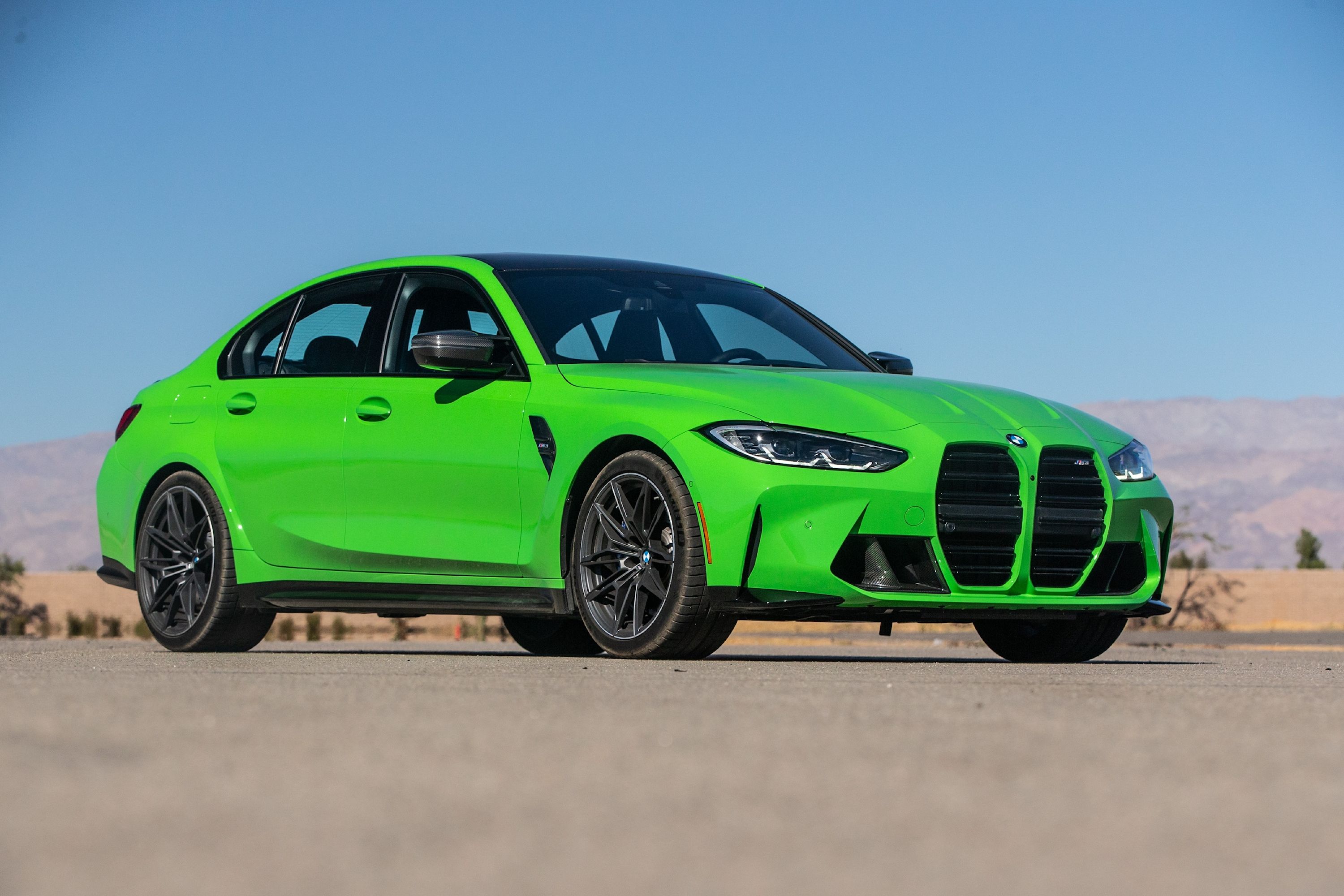Volkswagen's reputation for diesel engines isn't exactly stellar right now after all the controversy over the ongoing Dieselgate scandal, so it perhaps isn't surprising that the company wants to steer away from the association. In the future, it wants to become a reputable maker of electric cars as part of VW's new I.D. range. Now it's looking like it wants to phase out its range of small diesel engines in favor of mild hybrids.
VW had previously planned to produce a range of 1.5-liter engines in both gasoline and diesel variants as a replacement for its current 1.6 TDI range, with the aim of initially fitting them to the 2018 Polo for its launch in Europe. In an interview with Autocar, VW's head of research and development Frank Welsch confirmed that development of the new 1.5-liter diesel has been halted in favor of a gasoline-electric hybrid system, as part of VW's increased focus on more fuel-efficient cars. Engineering costs are said to be a key factor that influenced VW's new hybrid powertrain strategy.
"The added cost is anything from 600 to 800 Euros in material costs just for the after-treatment system," Welsch told Autocar. "The after-treatment system is as expensive as the engine itself. To add a diesel in the Polo, it is 25 percent of the car itself." Increasingly strict emission and fuel efficiency regulations are also to blame. Due to this, Welsch believes that hybrid powertrains will become more prevalent in time. "In a time not so far away, people will go for petrol engines in combination with a mild hybrid," he said. "A mild hybrid, in the end, is cheaper and has the same CO2 (as a small capacity diesel) with a lot less NOx."
As for the current 1.6 TDI, Welsch expects it to remain on sale for the next "three to four years, maybe five," while production of the 1.4-liter diesel unit will also be discontinued. The popular 2.0 TDI, on the other hand, "has a great future," with a new generation coming "in one or one and half years."


